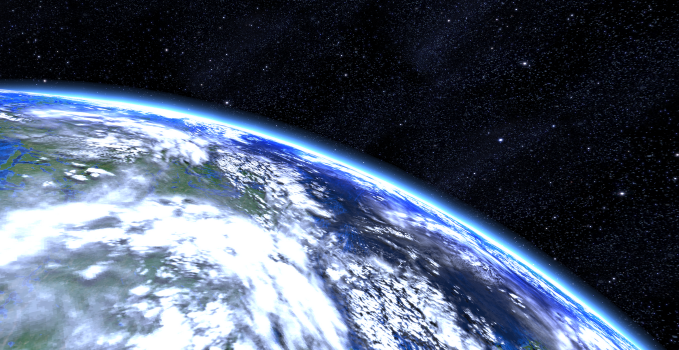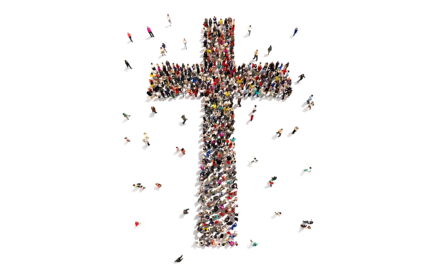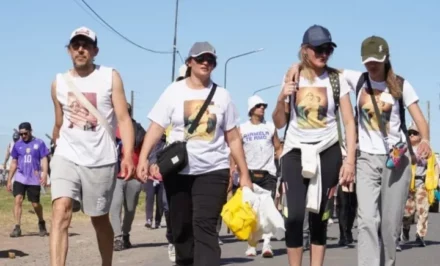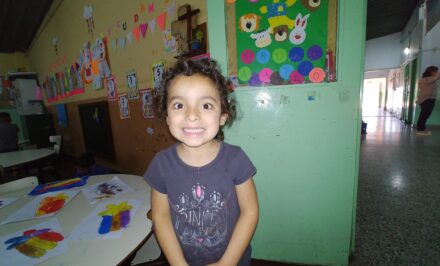By M. Fischer •
“A convincing, prophetic and challenging encyclical”, is how Bishop Luis Infante of Aysen, Chile described the Encyclical Laudato Si, which was published today in Arabic, English, Italian, Polish, Portuguese, Spanish and German. On Sunday at the Angelus Pope Francis ask that the Encyclical Laudato Si, about caring for our “common home, might be received with open hearts. He stressed that “This home is being destroyed, and that harms everyone, especially the poorest. My appeal is, therefore, to responsibility, based on the task that God has given to man and woman in creation: ‘to till and tend’ the ‘garden’ in which humanity has been placed (cf. Gen 2:15). I invite everyone to accept with open hearts this document, which places itself in the line of the Church’s social doctrine” (Vatican Radio).
During the audience on 17 June Pope Francis said that this document, which is part of the Church’s social teaching, is concerned with caring for creation and protecting it responsibly, with particular awareness for the poorest people who have to suffer the most from the results of environmental damage.
The title of the Encyclical is inspired by St Francis of Assisi’s Canticle of the Sun that reminds us that the earth, our common home, “is like a sister with whom we share our life and a beautiful mother who opens her arms to embrace us. ‘Praise be to you, my Lord, through our Sister, Mother Earth, who sustains and governs us, and who produces various fruit with coloured flowers and herbs’” (LS1).
The press conference was attended by Cardinal Peter Turkson, President of the Pontifical Council “Justice and Peace”, the Metropolitan of Pergamon, John Zizioulas, representing the Ecumenical Patriarchate and the Orthodox Church, Professor Johannes Schellnhuber, founder and director of the Institute of Climate Impact, and Carolyn Woo, President of Catholic Relief Services, and former dean of the Mendoza College of Business of the University of Notre Dame, USA.
Key: A change in the lifestyle of each individual person and humanity
Laudato Si goes far beyond addressing some current problems that endanger the planet, and includes a clear call to each individual to change his or her habits and negative tendencies in life, even to suggesting that we shouldn’t cook more than we can eat. Francis quotes from Caritas in veritate,, the encyclical on the economy of his predecessor, Benedict XVI, on a number of occasions, and emphasises that a market economy actually does not guarantee either human or holistic development, or social inclusion.
Elisabetta Piqué, Vatican correspondent of the Argentinian daily, La Nación, reported: “Francis, who quotes widely from texts of various Bishops’ Conferences, Benedict XVI and St John Paul II, said in January that he expected this encyclical to help the coming world climate summit in Paris to come to an agreement.”
Francis recommends five very practical steps towards changing our lifestyle: To be grateful and cultivate gratitude; to educate ourselves in the various areas of life to be thrifty and to be mindful in using things; to overcome our obsession with consumption or consumerism; to forget egoism, and finally to arrive at inner transformation. A Christian, says the Pope, has to live his or her vocation in wondering at the beauty of God’s creation and using it. Francis therefore recommends cultivating a sound relationship to all created things as part of the complete conversion of men and women.
According to the Pope all is not lost, because we human beings have the ability to overcome ourselves, to decide once more for what is good, and to renew ourselves despite all mental and social conditioning. It sounded like hope.
That is typical Francis: People are able to set out on new ways to true freedom. It could be that many will do so. Perhaps it is precisely this that the people in power (financial, political and ecclesiastical) have questioned and criticised even before the encyclical appeared. Most fear that thousands of people could change their lifestyle, because then something could in fact change. In covenant with creation, in covenant also and above all with that part of creation that is called “human”, with every person and in every circumstance of life, right at the beginning and right at the end, in poverty, need and exploitation. In this sense Laudato Si and Misericordiae Vultus are a call to exercise protective care, and the call to mercy, allies and brothers and sister. Because the earth is the home of all of us and people are our family.
Official Text of the Encyclical Laudato Si in English (pdf)














